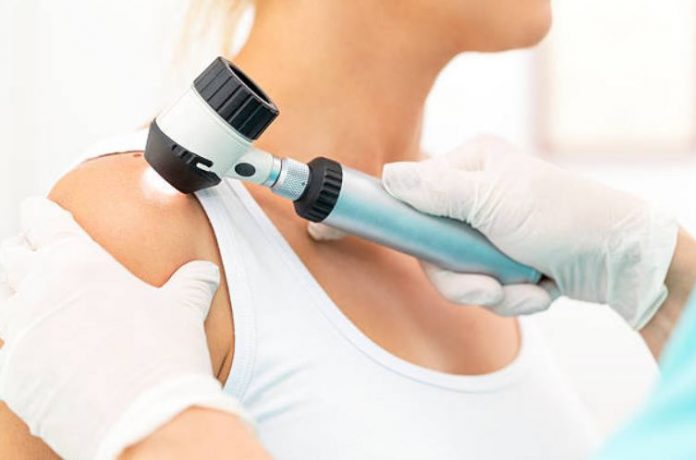Now that summer is here many people are spending more time outdoors enjoying the warmth of the sun. Studies have shown that sunlight is actually needed to prevent certain cancers (lung, colon, breast, and prostate), diabetes, multiple sclerosis, and asthma.
However, people can often get too much of a good thing. You have to be careful when you go outdoors. If you want to prevent skin cancer, it is very important to follow these steps.
1) Wear a hat with two to the three-inch brim all around and wear a long-sleeved shirt and pants. Tightly woven fabrics like denim are better than loosely woven cotton or linen.
Wearing a hat and protective clothing is more effective than using a sunscreen according to recent studies. This is especially important for those who are fair-skinned, turn red after 10 minutes of unprotected sun exposure, who have 100 moles, and who have a history of skin cancer either self or family.
Look for clothing that is made from sun-protective fabrics. There is also a laundry additive that has a UV protectant that can be used to wash clothes with.
2) Apply sunscreen properly 15 to 30 minutes before going outdoors. Cover the exposed parts of your body thoroughly with the right sunscreen. Use sunscreen with an SPF of 15 or higher.
Apply sunscreen even on cloudy days because 80 % of the sun’s UV rays pass through the clouds. Also, protect your lips by applying a lip balm that has a sunscreen with an SPF of 15 or higher and re-apply sunscreen every two hours while outdoors especially after swimming and if you sweat heavily.
3) Try not to stay outdoors for more than 20 minutes during peak hours when the sun’s rays are the strongest that is from 10 am to 4 pm.
4) The best sunscreen, however, is an internal sunscreen built-in with nutrition. Eat plenty of chlorellae, goji berries, raspberries, blackberries, blueberries, astaxanthin, carrots, and nutrient-rich superfoods to boost your skin’s natural UV protection (takes about 30 days of nutrition to boost skin levels).
Add foods to your diet that are rich in carotenoids such as tomatoes, peaches, broccoli, watermelons, and spinach. Carotenoids are powerful antioxidants and protect against the sun’s damaging UV rays.
5) Do a monthly skin exam. Do you know that skin cancers can develop in parts of your body that are not exposed to the sun? Look for moles, spots, or freckles that are asymmetric, have an irregular border, variation in color, and are more than 6 millimeters (the size of a pencil eraser).
See a dermatologist if you find any moles, freckles, or spots that look suspicious.
6) If you take medications, be aware that some prescription drugs such as antibiotics, diuretics, tricyclic antidepressants, and over-the-counter nonsteroidal anti-inflammatory drugs like Aleve and Advil can make your skin vulnerable to sun damage.

